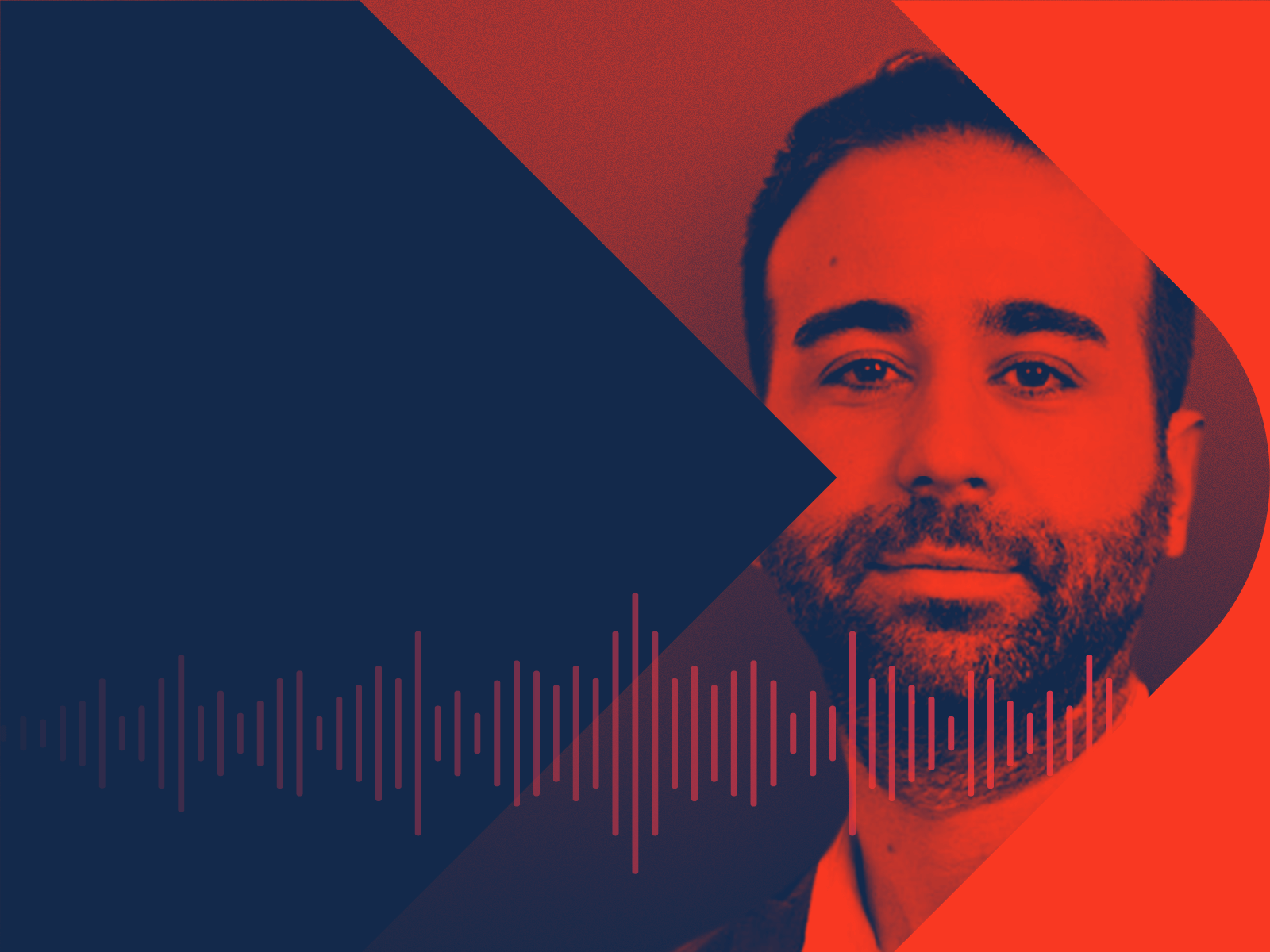“Disrupt together”
First-party data and data privacy are top of mind for every organization. Companies are looking to redefine digital advertising and find new ways for the industry to move forward. But one thing that is crucial even before implementing new technology: It all comes back to the why. What is your objective? What are you trying to accomplish? Why do you want to implement a certain technology? The same can be said when it comes to measurement.
In the latest episode of our Identity Architects podcast, InfoSum's Associate, Customer Success, Marion Dacquin, sat down with Becky Harris, Vice President, Global Head of Ad & Data Products at Dynata, to discuss first-party data, measurement, the value exchange, and more.
"First-party data is an absolutely integral part of marketing strategies today and tomorrow, and I think everything I do is really just enabling that connectivity and action for the different products and solutions that I own and without first-party data that I have available to me that ability to connect with those individuals and provided a value exchange by just acquiring scalable first-party data I don't think is always necessarily a viable option."
Everybody is always obsessed with scale, but other aspects must be considered. When it comes to data strategies, even if a company has - for whatever reason - little to no first-party data, it is still important to know not only the how but also the why.
"My suggestion is really to think about it. Not what you do today, and just simply try and replace that. But really think about what you need, what you want to achieve and then build a strategy around that with really key milestones that are easier to reach but still have impact. [...] Really think about the goals of the data. And then align to how to engage customers in the right way but then also partner with the right companies to enable that."
And it's not just about crucial first-party data; second-party data has now been talked about more often as an opportunity. As Becky says, it's important to partner with the right companies to deliver on your strategy. For those companies who don't have a direct relationship with consumers and therefore lack first-party data, second-party data is a big opportunity. By collaborating with data-rich companies, you can enhance and fill gaps in your customer view. But it's about more than gathering all the data you can collect.
"You could have all the purchase data in the world and know who bought what and when, but like you sort of hinted on, if you don't know why, if you don't know how to engage that attitude, and you only really have demographics, you completely miss the mark. [...] Just please be more intelligent with your use of data."
Because most of all, it is about the people. And Becky had a lovely example from her niece when talking about identity and insights that we all could use as a reminder:
"I ended up asking her what makes her different. [...] What I loved is that I just had a sense of them both [her niece and her niece's best friend] that she was describing as individuals, interestingly. Coming from the world that I'm in, she didn't say her name, and she didn't say her address or a phone number. Nothing that I would default as identity to be in the match keys that I would need to connect data sets. So actually, it was really nice to hear about the individual which I think that we should never forget."
Keeping the consumer in mind and remembering that they're humans is a crucial differentiator when it comes to advertising, delivering the right message to the right person and keeping the value exchange in mind. But that is easier said than done to create a better future.
"I definitely think we're making huge strides in the right direction. I do also think in complete honesty, we do need a little bit more disruption. But with that, we all know there's going to be a risk vs. reward balance that we need to play out here, and I think it comes from measurement, ROI, and renumeration for what that success looks like. The industry itself is completely founded, and a component of all of those factors, especially in programmatic advertising where competition, I think, is just a complete sort of innate part of society from growing up playing sports to, you know, winning an advertiser in a pitch to driving the most revenue and gross. That innate part in society, we can't change that."
True, but we can still come together to work towards a better future collectively.
"I'm a huge, huge advocate of co-opetition. I think we really need to learn, lean in and think about if we don't do more of this together to drive forward and sharing innovation, sharing best practices, stop duplication of effort there, we'll get to a better situation faster. And if we don't do that, what and who is actually going to replace us [...]. Maybe we should use that fear to drive the innovation forwards [...] and disrupt together."
But how can we do that - especially in measurement?
“I personally think first we don't need to collect data just for the sake of collecting it. You know, really focus on what success looks like for measurement in your world, ensure we're collecting the right data from the right people for the right reasons. I think we have a stance to ensure that we're not handling data that we do not need to be handling for sure. And secondly, I would say that we need to focus on the individuals who are willing to provide their data in the first place. I definitely think there needs to be more intrication for consumers and what's actually happening with their data. You know it isn't all bad. There's so much hype around that. But I would love for them to be able to make an educated choice in a way that they are comfortable with that value exchange.”
So true. We are all human, after all.
Thanks, Becky, for the chat!





